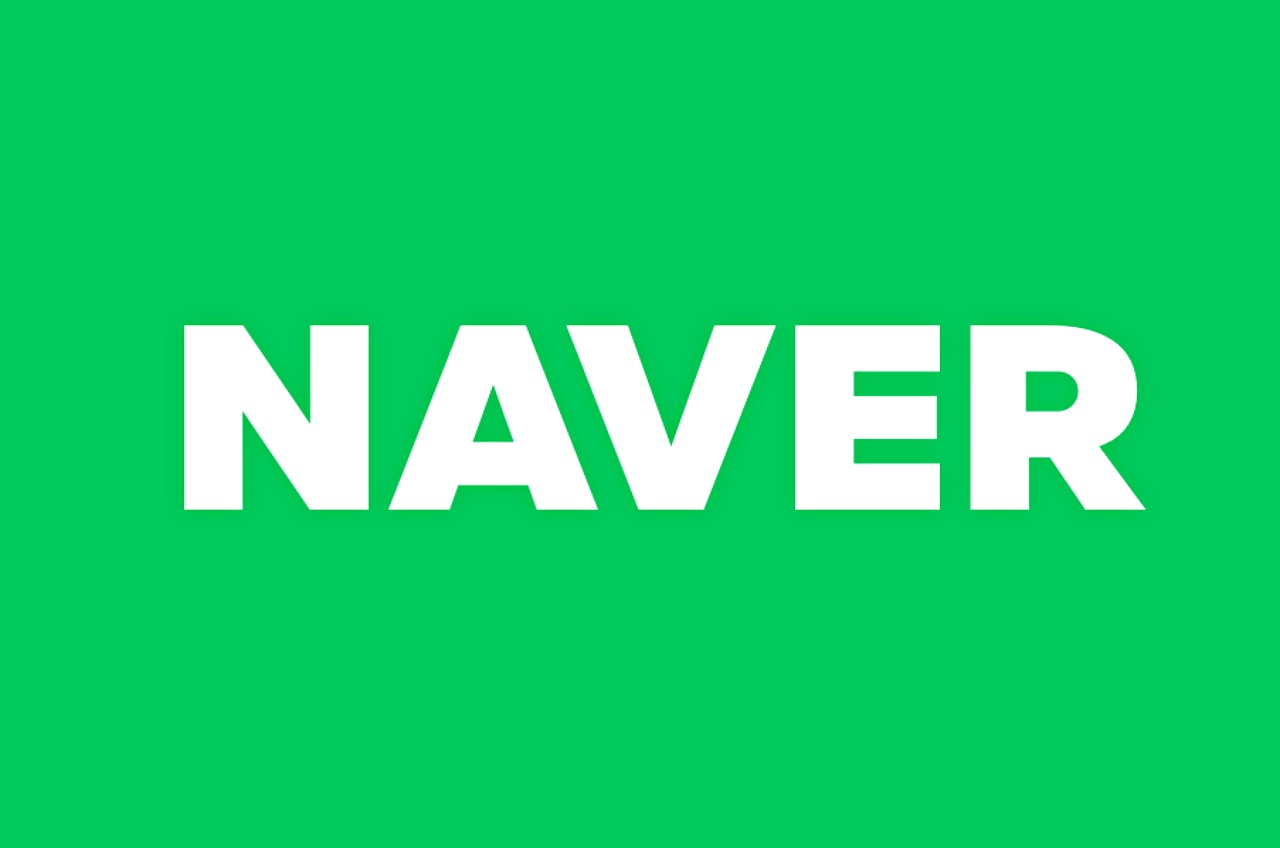In a significant financial development, South Korea's Naver Financial announced plans to expand its simple payment service, Naver Pay, into China by year-end. This move, the first for a domestic payment service to partner with two of China's leading mobile payment networks, Alipay Plus and UnionPay, potentially opens up transactions with a vast 59 million merchants. This strategic shift comes after discontinuing ties with Line Pay in Japan.
With Alipay Plus and UnionPay being prominent players in China's mobile payment landscape, boasting a collective affiliation with approximately 59 million merchants, the potential for Naver Pay's utilization across a wide range of vendors in China is vast. Notably, Naver Financial becomes the first domestic payment service provider to collaborate with two or more of China's top three mobile payment companies, including UnionPay, Alipay, and WeChat Pay.
In addition to expanding in China, Naver Pay has discontinued its partnership with Line Pay in the Japanese market starting in September. The company anticipates that its new collaborations with Alipay Plus and UnionPay will significantly increase the number of associated merchants using Naver Pay in Japan, aligning with its strategy to achieve business growth through strategic partnerships.
However, in May, Naver experienced service malfunctions in major regions in China, which raised speculation that the Chinese authorities might be limiting access to Naver, the dominant search engine in the neighboring country. China's official response remains that they are unaware of the situation, with the Beijing foreign ministry spokesperson urging reporters to direct questions to relevant Chinese authorities.
It is worth noting that certain Naver services, such as Naver Cafe and blogs, have been blocked in China since October 2018; however, the search and email functions remained accessible. Daum, a web portal under Kakao, has faced similar restrictions in China since January 2019. Speculation has arisen, suggesting that the strained relationship between Korea and China might have influenced these actions.
The suspension occurred following the recent G7 summit, during which member countries, including the US, Japan, Germany, and the UK, called upon China to take further measures to cease Russia's military actions in Ukraine.
Photo: Naver Pressroom



 Intel Secures $8.5 Billion in New Funding Amidst Strategic Revamp and Government Support
Intel Secures $8.5 Billion in New Funding Amidst Strategic Revamp and Government Support  Baidu Approves $5 Billion Share Buyback and Plans First-Ever Dividend in 2026
Baidu Approves $5 Billion Share Buyback and Plans First-Ever Dividend in 2026  Mastercard Partners with MoonPay to Unlock Web3 Capabilities in Experiential Marketing
Mastercard Partners with MoonPay to Unlock Web3 Capabilities in Experiential Marketing  Japan Economy Poised for Q4 2025 Growth as Investment and Consumption Hold Firm
Japan Economy Poised for Q4 2025 Growth as Investment and Consumption Hold Firm  Trump Backs Nexstar–Tegna Merger Amid Shifting U.S. Media Landscape
Trump Backs Nexstar–Tegna Merger Amid Shifting U.S. Media Landscape  India–U.S. Interim Trade Pact Cuts Auto Tariffs but Leaves Tesla Out
India–U.S. Interim Trade Pact Cuts Auto Tariffs but Leaves Tesla Out  Once Upon a Farm Raises Nearly $198 Million in IPO, Valued at Over $724 Million
Once Upon a Farm Raises Nearly $198 Million in IPO, Valued at Over $724 Million  Amazon Stock Rebounds After Earnings as $200B Capex Plan Sparks AI Spending Debate
Amazon Stock Rebounds After Earnings as $200B Capex Plan Sparks AI Spending Debate  TSMC to Report 58% Surge in Q4 Profit Amid AI Demand Boom
TSMC to Report 58% Surge in Q4 Profit Amid AI Demand Boom  Gold and Silver Prices Rebound After Volatile Week Triggered by Fed Nomination
Gold and Silver Prices Rebound After Volatile Week Triggered by Fed Nomination  Uber Ordered to Pay $8.5 Million in Bellwether Sexual Assault Lawsuit
Uber Ordered to Pay $8.5 Million in Bellwether Sexual Assault Lawsuit  Toyota’s Surprise CEO Change Signals Strategic Shift Amid Global Auto Turmoil
Toyota’s Surprise CEO Change Signals Strategic Shift Amid Global Auto Turmoil  BlackRock Seeks FDIC Oversight Deadline Extension to March
BlackRock Seeks FDIC Oversight Deadline Extension to March  Trump Signs Executive Order Threatening 25% Tariffs on Countries Trading With Iran
Trump Signs Executive Order Threatening 25% Tariffs on Countries Trading With Iran  Robinhood Announces Plans to Expand Stock-Exchange Application to U.K.
Robinhood Announces Plans to Expand Stock-Exchange Application to U.K.  PayPal Unveils Direct Crypto to US Dollars Conversion; MetaMask Integration Goes Live
PayPal Unveils Direct Crypto to US Dollars Conversion; MetaMask Integration Goes Live  Robinhood Launches Credit Card for Gold Customers
Robinhood Launches Credit Card for Gold Customers 































